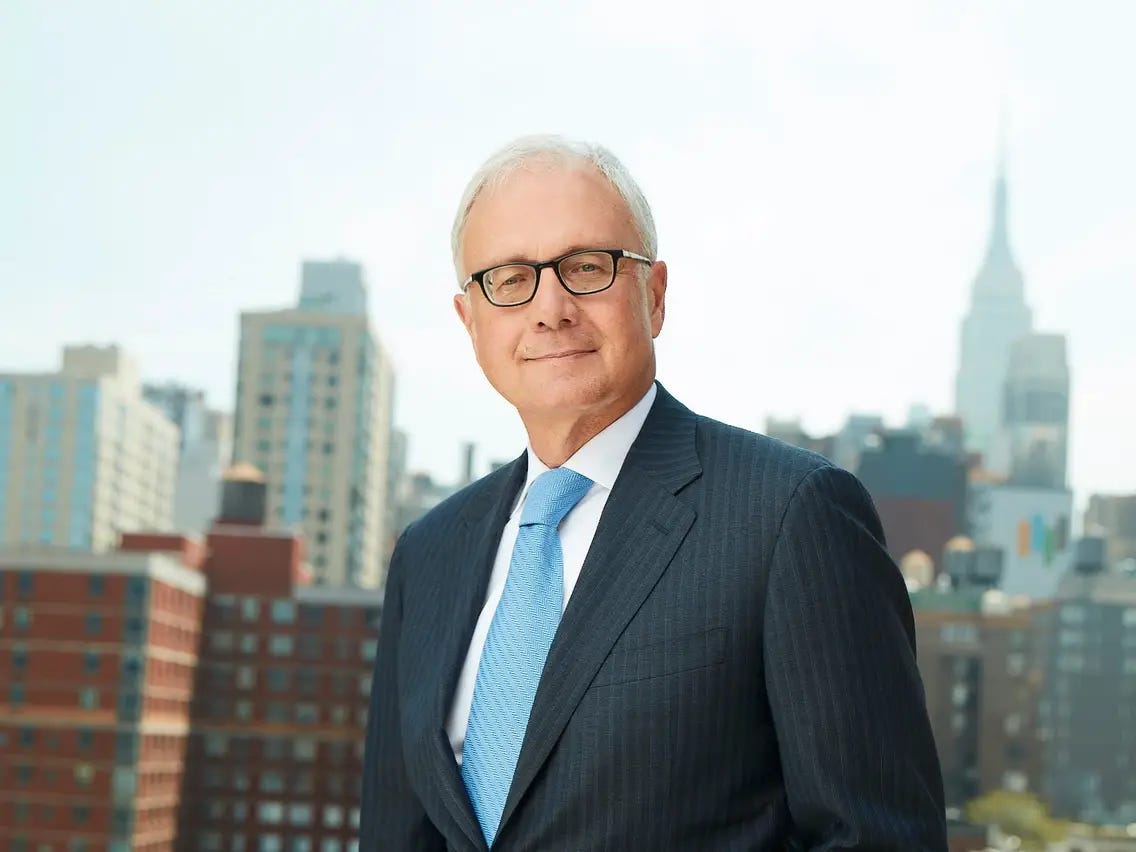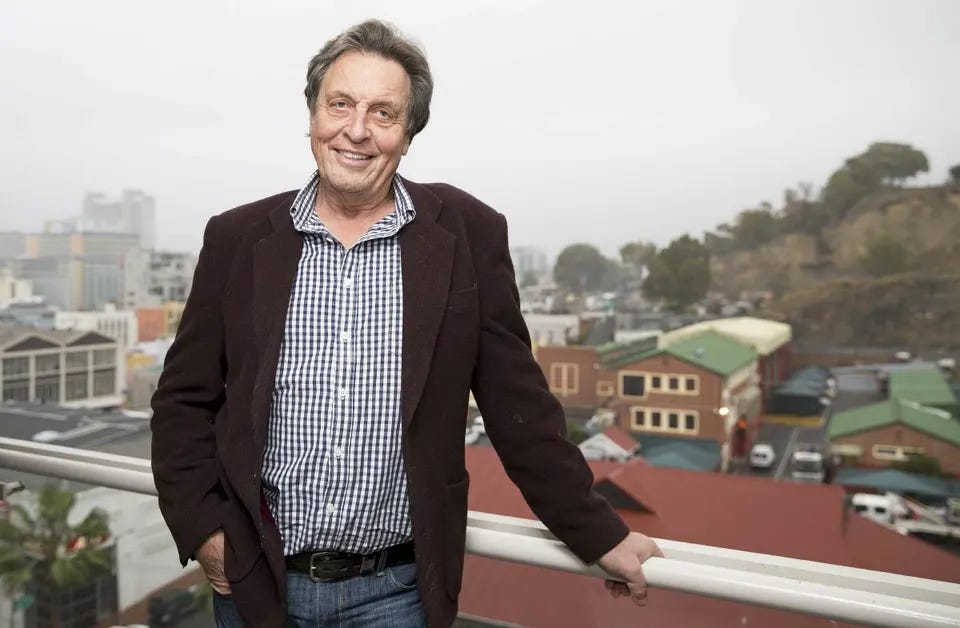COP28: Solidarity in Action
A myopic and dangerous response has greeted the UAE COP28 Presidency's pragmatic position on the energy transition - clarity, perspective and a sense of history are badly needed.
The 11th May 2023 marked one and a half years since UN Framework Convention on Climate Change (UNFCCC) confirmed the UAE’s bid to host the UN Climate Change Conference. It also marks just over six months until the UAE welcomes the largest gathering of heads of state and governments on climate and environmental issues when COP28 UAE finally gets underway at Expo City, Dubai, on 30th November.
Returning to the Middle East for a second time in two years, COP28 will provide the usual platform for global leaders to discuss and agree on policies to mitigate climate change and how to better adapt to climate impact. It will also include the first Global Stocktake (GST). Conceptualised as a comprehensive assessment of progress since adopting the Paris Agreement on 04th November 2016, the GST will illustrate the successes and failures of our multinational collaboration and include measures to be implemented to bridge the gaps in progress.
As a foundation of the agreement, nations around the world have engaged in varying levels of commitment, with the UAE emerging as a clear leader in terms of responding to its sustainability goals and meeting them at each step of the way. Under the leadership of His Highness Sheikh Mohamed bin Zayed Al Nahyan, President of the United Arab Emirates and Ruler of Abu Dhabi, 2023 was declared the ‘Year of Sustainability’ affirming that “Effective climate action requires a shared vision and collective will. As host of COP28, we are committed to fulfilling our role as a global convener and will continue to support action and innovation in the field of sustainability.”
Prior to this announcement, the UAE became the first Gulf country to commit to net-zero emissions by 2050, while simultaneously unveiling its $163bn Net Zero 2050 Strategic Initiative, directed towards the research and development of clean and renewable energy sources over the next three decades.
With just seven years remaining to meet the initial target of halving emissions by 2030 and thereby meet the agreement of limiting global warming to 1.5°C, the responsibility of ensuring a response with a clear plan of action falls on the COP28 UAE Presidency, H.E Dr Sultan Al Jaber.
No stranger to either government policy or sustainability issues, Dr Al Jaber’s credentials include being a member of the UAE Federal Cabinet, Minister of Industry and Advanced Technology, the UAE’s special envoy on climate change, Chairman of Masdar, in addition to President-Designate of COP28 – the first CEO to serve in this role. As a centrepiece of sustainable action, Dr Al Jaber’s accomplishments include leading the team that established Masdar under the UAE leadership and leading the country’s successful bid to host the headquarters of the International Renewable Energy Agency (IRENA) under the leadership of H.H Sheikh Abdullah bin Zayed Al Nahyan. Internationally he was appointed by UN Secretary-General Ban Ki-Moon to the Advisory Group on Energy and Climate Change (AGECC) and, in 2012, was the recipient of the UN Champions of the Earth award for his work on advancing clean energy technologies.
In his corporate capacity, Dr Al Jaber has also previously served as chief executive officer of Mubadala and, more recently, continues to serve as Group CEO of ADNOC – a position which has captured the focus and ire of journalists, whose myopic viewpoint has been the underpinning of something far more concerning than fossil fuels.
With headlines such as “A Kingdom Built on Oil Now Controls the World’s Climate Progress” through to “An oil chief heading COP28? Fossil fuel industry’s climate change schizophrenia is on full display”, much of the international press has demonstrated its complete lack of nuance, or knowledge required to understand what a successful transition looks like, and how it can be accomplished without causing complete chaos and while a complex issue, it is perhaps best to provide some context:
Since the industrial revolution, humanity has been afforded lower poverty levels and higher living standards through the development of factories and machinery and, more recently, through the widespread use of electricity. For the most prolonged period in history, these developments have been powered on a large-scale basis by coal and gas since the 18th century and oil since the latter part of the 19th century. Conversely, the first known paper to suggest that changes in atmospheric carbon dioxide levels could potentially change the surface temperature through the greenhouse effect wasn’t published until 1896 by Swedish scientist Svante Arrhenius. It wasn’t for another thirty-two years when amateur scientist Guy Callendar accurately presented evidence through a fifty-year study illustrating that industry CO2 emissions were having an effect on global warming. By 1985, scientists first identified a hole in the Ozone Layer, leading to the Montreal Protocol, which successfully called for the reduction, and then a total ban on CFCs.
On the 28th of March 1995, the CPO debuted in Berlin, where the first meaningful congregation of leadership occurred to address the challenges ahead in order to understand how a unified approach could support a healthier planet for all. Since then, the amount of investment that has flowed into renewable energy has steadily increased, with 2022 recognised as the most significant aggregated investment year to date at $1.4 trillion. However, as accurately summarized by economist Ed Yardeni, “Renewables aren’t ready for prime time. So instead of a smooth transition, the rush to eliminate fossil fuels is causing their prices to soar and disrupting the overall supply of energy.”
Driven by an overzealous left, which is in complete denial of the facts, headlines like the ones mentioned earlier exemplify how the “ESG and carbon divestment craze has so demonized fossil fuels (and nuclear power) that institutional investors and governments have cut them out of portfolios entirely and have instead been flowing capital to more socially acceptable low-carbon alternatives,” as highlighted by Forbes’ Christopher Helman.
In the age of black-and-white politics where extreme rhetoric is just par for the course, many consumers have been conditioned not only into thinking that fossil fuels are inherently bad but that anyone associated with oil, gas or coal investment should be boycotted immediately. Unfortunately, it’s worked, and to the complete detriment of industry and, ultimately, consumers. As stated by Civitas Chairman Ben Dell, “If you phase out the on-demand delivery system, that raises the price and the volatility. That’s a regressive tax. The low-income consumer gets hit with that. We have to be thoughtful about how we transition. It’s going to require a massive amount of investment and half a century.”
Echoed by Dr Al Jaber during this speech at the Bloomberg ‘Emerging + Frontier Forum’ in 2022, “The fundamental challenges of the energy transition are as follows: One: How to ensure economies move forward while putting the brakes on emissions. Two: How to maintain energy security and climate progress at the same time. Three: How to make sure that no one gets left behind. I believe we can, we must, and in fact, we have no other option but to solve these challenges together.”
As further explained by Errol Musk, “In twenty years, most of the new cars will be electric with some small niches using diesel or gasoline. As a result, we can expect investment towards power generation and grid development to be in the trillions as an essential ingredient for our future economies. Removing the oil & gas sector in the short term would be nothing short of catastrophic.”
As a result, naysayers who fundamentally believe that oil and gas companies should pack up shop immediately should also understand the difference between pushing a commodity until it runs out versus understanding the challenges ahead and allocating investment towards a functional transition. Case in point, the vilified ADNOC, for which Dr Al Jaber is Group CEO, allocated $15 billion towards low-carbon solutions by 2030, including carbon capture, electrification, new CO2 absorption technology and enhanced investments in hydrogen and renewables. As such, its ambition and goal will be to reduce carbon intensity by 25 per cent by 2030, a vital part of the company’s Net Zero by 2050 ambition.
As clearly stated during his rousing speech at the Oxford Union earlier this year, Konstantin Kisin summarised, “There is only one thing we can do in this country to stop climate change, and that is to make scientific and technological breakthroughs that will create the clean energy that is not only clean but also cheap.”
Like so many significant challenges we face as a collective, there is rarely an immediate solution, and certainly not one that doesn’t involve equally challenging consequences as a reaction. However, it is clear the participation of all stakeholders will be essential for its realisation, and that capitulating to the whims of those who are least informed will only cause further delay and disruption. It is in fact through the committed efforts of organizations such as the UNFCCC, and the demonstrable action of those invested in R&D, we are now arriving at a point where we can envision a practical energy transition without engaging in regressive policies or passing on costs to those who can least afford it.





